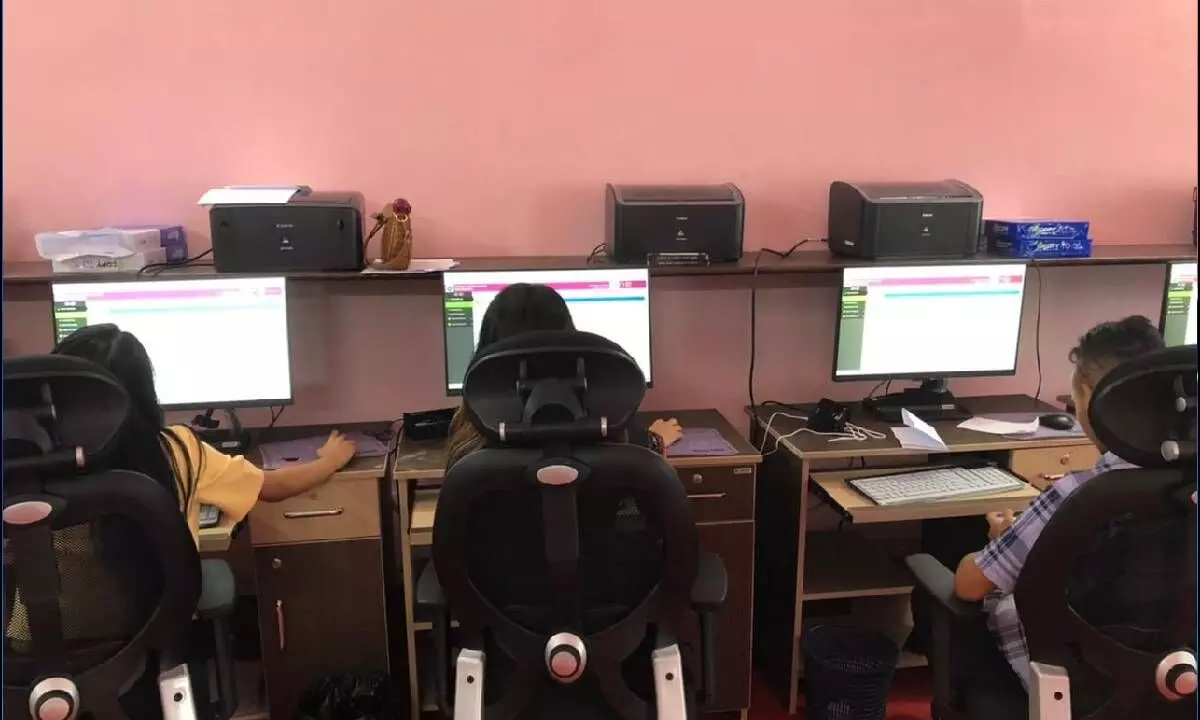Indian Gen Z spend 73% more time learning AI skills than other generations: Report
Gen Z professionals in India are more interested in acquiring Artificial Intelligence (AI) skills than their older counterparts, spending 73 per cent more time than other generations to learn the skill, a new report said on Tuesday.
image for illustrative purpose

New Delhi, Nov 21: Gen Z professionals in India are more interested in acquiring Artificial Intelligence (AI) skills than their older counterparts, spending 73 per cent more time than other generations to learn the skill, a new report said on Tuesday.
According to the global professional networking platform LinkedIn, Gen Z is spending 1.3 times more time than Gen X and 2.4 times more time than Baby Boomers.
"Upskilling is no longer just an option, it's imperative, with a renewed focus on cultivating vital human skills like leadership and problem-solving to harness AI's full potential," said Ashutosh Gupta, Country Manager, LinkedIn India.
The report also revealed that global AI conversations shot up by a solid 70 per cent from December 2022 to September 2023.
In India, preferred skills among learners vary across generations: While Gen Z is learning digital skills like Programming Languages, Cloud Computing, and Data Analysis, Millennials and Gen X are investing in soft skills like Leadership and Management, Personal Effectiveness, and Personal Development.
With AI taking over routine tasks, professionals have the opportunity to focus on other types of meaningful and creative work requiring soft skills that only people have.
The report showed that across APAC, tech professionals who have developed one or more soft skills -- in addition to hard skills -- get promoted over 13 per cent faster than employees who only have hard skills.
In India, the most demanded soft skills by AI and AI-related job postings include communication, analytical skills, and sales.
As developments in generative AI offer a massive opportunity to break down barriers across cultures, geographies and industries, it's widening the scope for hybrid work settings.
Organisations are already responding to the demand for flexibility, with hybrid job posts in India up from 13.2 per cent in August 2022 to 20.1 per cent in August 2023, the report noted.

